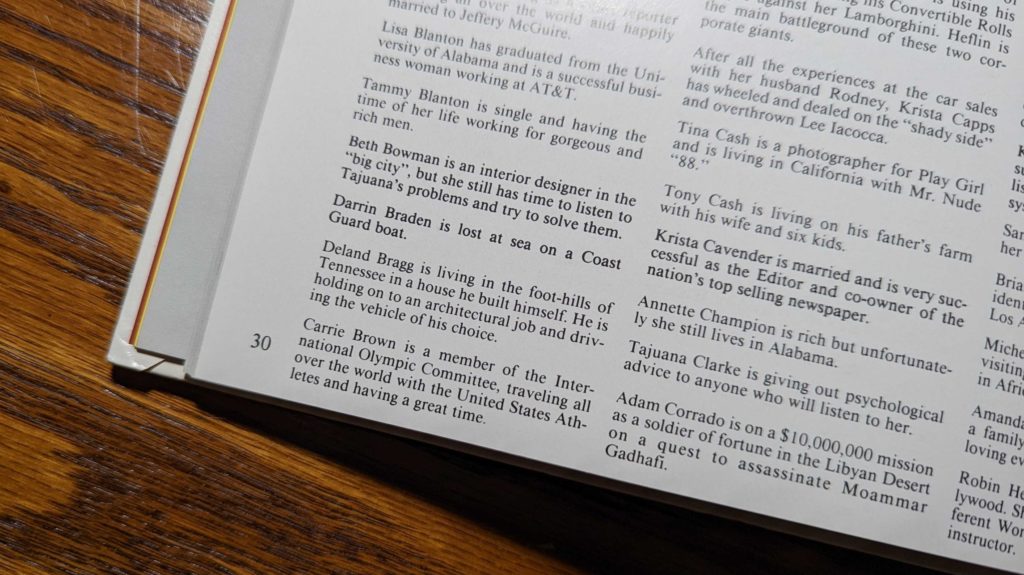The caller thought she hung up when her son didn’t answer, but that was not the case. Her next conversation about peanut butter and jelly sandwiches and what she forgot to pick up at the grocery store landed in her son’s voicemail for him to find later.
It’s a fun story to tell about my mother-in-law, and, believe me, Jason (her son, my husband) has shared the story far and wide, but it also reminds me of how easy it is for any of us to be overheard in this age of “hot mic” technology.
I’ve had moments of regret through the years for what I said or how I said it, and it’s worse when it’s something that was overheard instead of shared directly.
Other times, it’s more of an embarrassing discovery, such as the time a few years ago when I hit record for a podcast interview before we were ready to do the official interview.
Our pre-interview banter and random comments remained intact at the beginning of the version teased on social media. It was quite embarrassing.
Fortunately, a good friend alerted me to our mistake, and we corrected it quickly. We were grateful only a handful of people had heard what we thought was a private conversation.
Put to the test
A few weeks ago, I had an opportunity to listen in on a discussion when the caller failed to hang up after we said goodbye.
It most likely would have provided good insight about how the person on the other end of the line genuinely felt about a specific situation, which had been the topic of the phone call.
I’ll admit it was tempting, but in the end, I hung up the phone before I could hear what was said. After all, what would I do with what I heard anyway?
A week or so after that experience, a friend texted to tell me I had accidentally called her and she hung up as soon as she realized what must have happened.
My accidental “pocket dial” took place a couple of days after I wrote the original version of this editorial.
I thanked her for alerting me and for choosing not to listen in, even though the conversation would not have been super interesting anyway.
“You passed the test,” I joked in my reply text as I told her about what I had written and how comical the timing turned out to be.
The reality is live microphones, recording devices and open phone lines are all around us, so it’s important to be consistent with what we say publicly versus what we share privately.
While processing difficult news and information can result in a need to “vent” as part of working through frustrations, the key is whether the information we verbalize is fact-based.
Are we being fair?
After our initial response to a situation, are we able to sort out the various aspects, and, if faced with having to publicly defend what we are saying, are we being fair in our assessment?
More than a decade ago, I made a decision to take people at their word (while keeping a fact-checking step for news coverage reports, of course).
I try to choose trust over spending unnecessary energy wondering if they are saying they are OK with a situation or decision when they actually aren’t — or if they are leaving out important details.
That move has been incredibly freeing and reduces the mental stress that comes with guessing or overthinking.
We can only work with the information we have, so if someone chooses anything other than accurate and thorough details, then that’s not on us.
It also gives the other person time to work through the situation however they process best before dealing with it publicly.
In the meantime, we can work toward always choosing a kind form of candor from our end of the conversation.
When others know we are being real with them while also meeting them where they are emotionally, mentally and physically at the moment, it removes loads of stress for all involved.






Share with others: